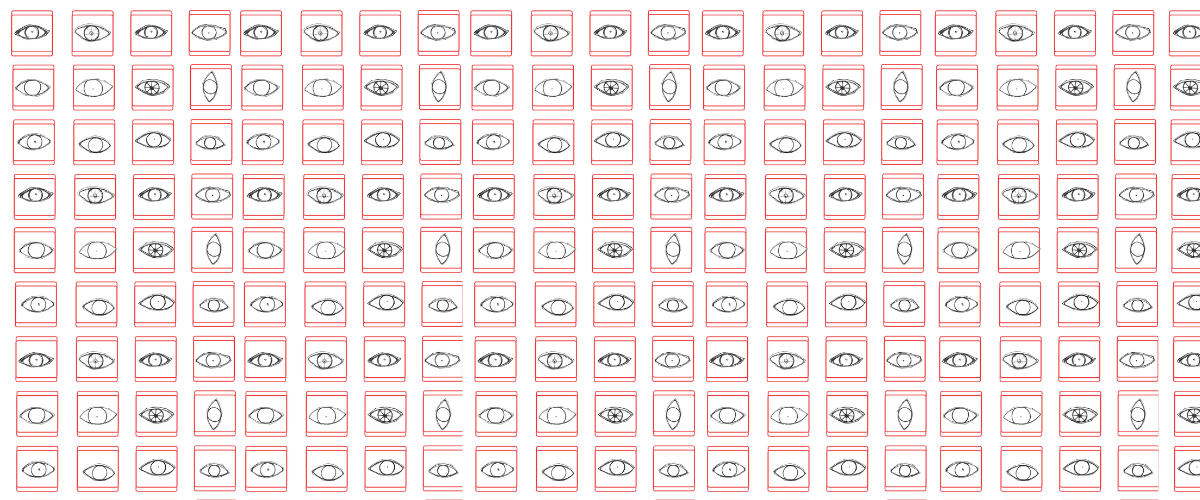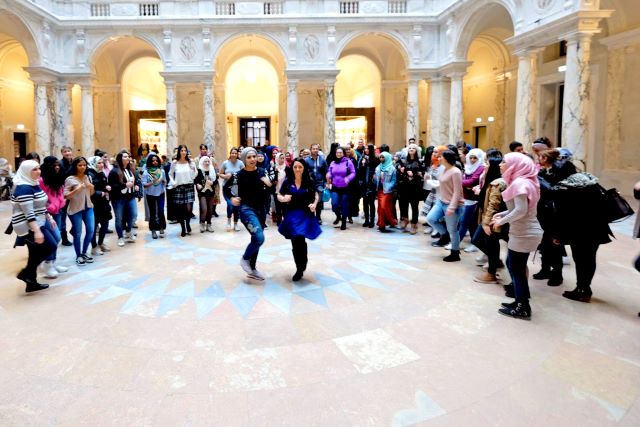“I see a lot of changes, but I also see a lot of resistance“
Natalia Hecht on D/Arts in conversation with Gwendolin Lehnerer
“We work a lot – and very deeply – on ourselves.”
In your opinion, what could a white de-colonial perspective or position be within D/Arts?
We work a lot – and very deeply – on ourselves. This is the grounding of the work: to develop awareness and critical thinking. Always ask yourself: What is my position, how am I interacting with others, how am I using my privilege? Am I profiting from a certain position or am I not? How can I open the door for others? If I am a white person, do I have white privilege, do I get a white pass? How can I become an ally? There are so many things, and being in a permanent state of reflection on these things is so important, because in anything you do in your daily life, you can think about it. You can become more and more aware of your position, and we as a team we work a lot in thinking through our processes. I think we still have a lot of potential for learning about how white privilege, for example, or colonial thinking have formed our ways of working together. Or this tendency of prioritizing time, like ‘let’s do this very quickly.’ Not allowing reflection or learning. Also, when you work with other people who have very different perspectives, the process becomes different. You need to be open to other ways of learning from other needs. It’s good to be in a permanent state of reflection. For example, how do we make decisions about things? Who profits from those decisions? How can we play a little bit in creating other power dynamics in what we do intentionally? Or if we create a panel, who are the ones talking, who is moderating, where are they sitting, what relationship do they have to the audience, how much is the audience able to participate in what we are doing? It’s many things. There’s also the content: Which kinds of content are we giving space? Being aware of how to bring in other forms of content that puzzle us and create new questions about things like multi-critical thinking is crucial.
Also, the sustainability of our work is very important. How are we engaging with communities that have historically been excluded, or with positions that are often excluded – are we working with them in a sustainable way? Are we really interested in their work, too, or is it more like we’re engaging with our own interest in something? The work is fluid, and it is also beautiful. It makes me passionate to think about this, because diversity is at the core of the human experience. Diversity is also in nature, in life. It is this gift that we have as living beings, of not having a permanent definition of our identity, or a very singular point of view. It’s a permanent, ongoing process.
When you start to see all the different aspects of diversity in our work, like gender or body configurations or abilities – these are very different perspectives. If we leave these things out, we are losing something so important about all of us. Listen to these processes and be open to the new – this is why all these approaches are connected with art, because through art, we create these processes in society.
Natalia Hecht, Gwendolin Lehnerer ( 2022): “I see a lot of changes, but I also see a lot of resistance“. Natalia Hecht on D/Arts in conversation with Gwendolin Lehnerer. In: p/art/icipate – Kultur aktiv gestalten # 13 , https://www.p-art-icipate.net/i-see-a-lot-of-changes-but-i-also-see-a-lot-of-resistance/



 Artikel drucken
Artikel drucken Literaturverzeichnis
Literaturverzeichnis